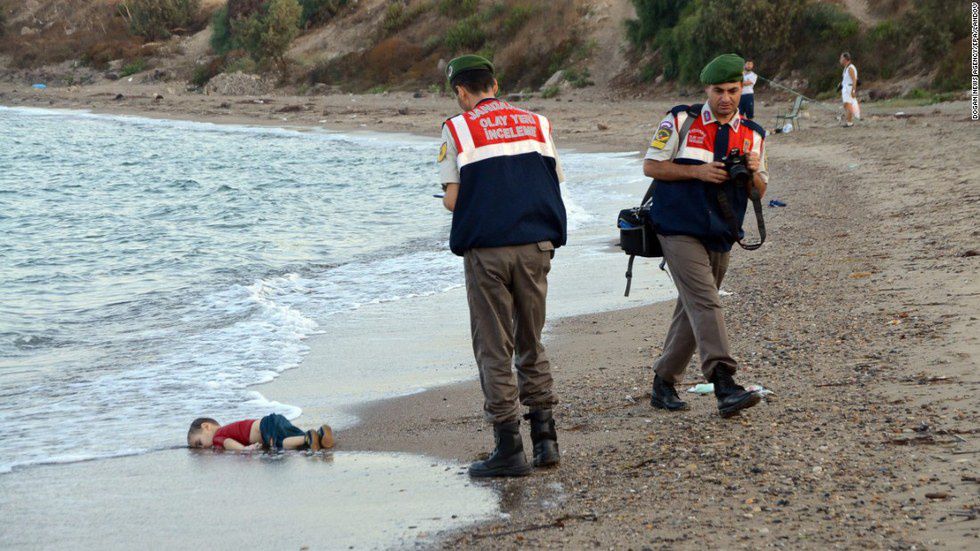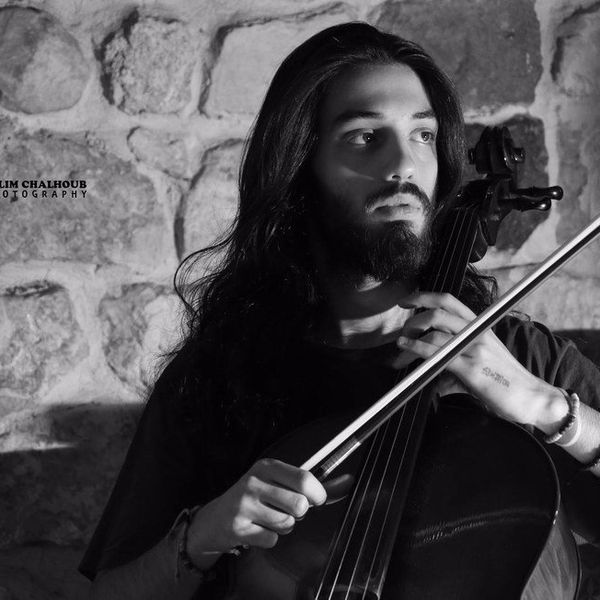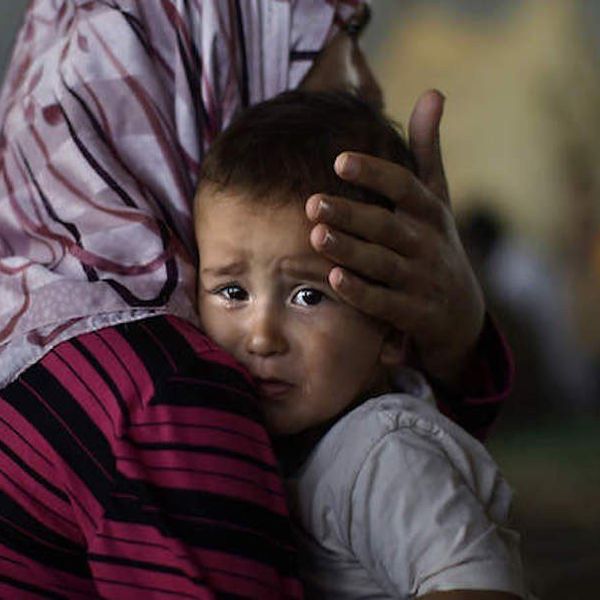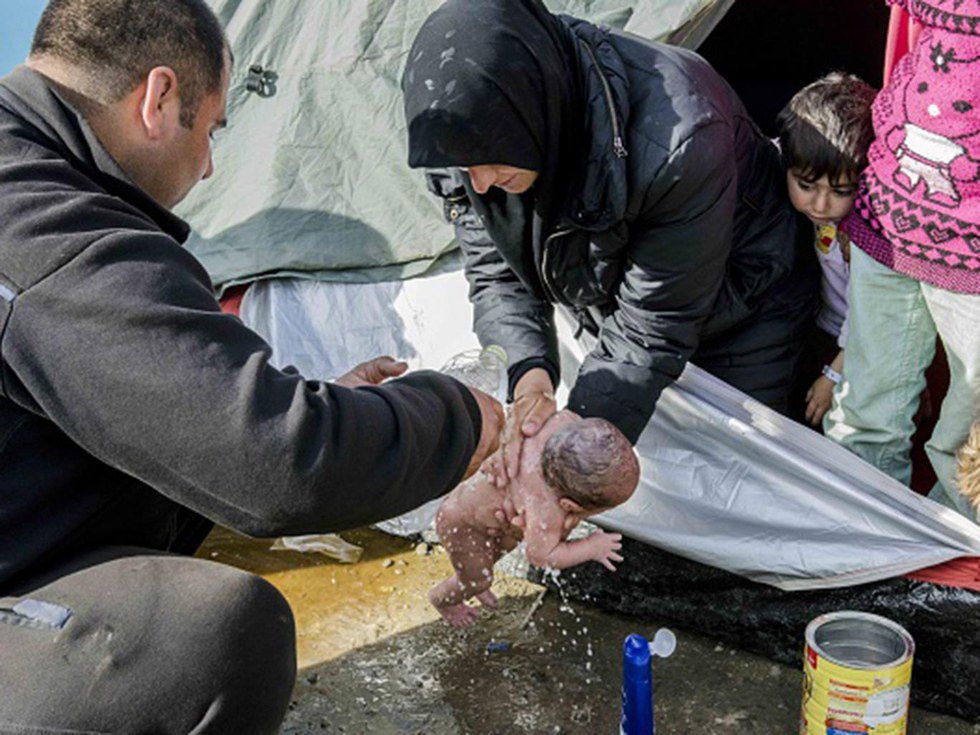When the refugee team took the stage at the Rio Olympics, they were met with cheers from people around the world. They were a symbol of hope and perseverance. They were heroes. These are elite athletes born from tragedy and despair that have overcome the odds. They were separated from their families. They swam miles pulling boats to save other refugees. They fled extreme danger. They are brave, and they are far from home, but where would they be if they were not Olympic athletes?
Globally, the refugee team was celebrated, but without their athletic talents and skills, these ten competitors' worlds would likely look very different, and it would be rare for anyone to give them a second thought. Not because they are not great and worthwhile people aside from their athletic abilities, but because we as a nation have become numb and indifferent to the suffering of refugees around the world.
Images of the Olympic refugee team are ones that depict success and happiness, and we're okay with those, but what about when images start to get uncomfortable?
This is Omran. You've probably seen his picture floating around Facebook. He is from a province in Syria called Aleppo. This photo was taken after Omran was pulled from the rubble created when his home was destroyed by an airstrike. Omran is not an elite athlete. He has not overcome the horrible hand he was dealt on the day of his birth, and he does not make us feel hopeful or comfortable or at ease. Omran is five or maybe even younger, and his life is in danger on a daily basis.
As much as we love to hear stories of the underdog that triumphed over tragedy in order to reach greatness, stories like Omran's are much more common and also more realistic. Sometimes the odds are so stacked against you that you just can't win. While we can probably all agree that Omran's story is tragic and we wish he didn't have to experience such horrible violence, we do not always agree on what needs to be done about that. Images like this one often get tons of attention on social media. We click the link, stare for a few seconds, wonder how the world can be such a cruel place (maybe even shed a few tears), and we go back to scrolling through pictures of Becky's new hair (it's good).
Here's where we run into a problem. These tragedies are always someone else's problem, someone else's fault. And fine, maybe we didn't drop the bomb that turned little Omran's life upside-down, but by standing by and doing nothing to help, we are complicit in his tragedy, accomplices to the very men who deal in terror and fear and violence. All of this because we are too afraid to let people into the United States that don't always look like us.
People in places like Syria have very few options when it comes to dealing with the violence that surrounds them. In fact, they have 3. They can remain in their homes and risk repeating Omran's tragedy or meeting a much worse fate. They can also try to escape the violence on their own.

The third option, which is likely the most difficult to accomplish, is for these people to find a host willing to give them sanctuary from the horrors rocking their homes and become refugees. The struggle often does not end, however, when refugees find a place willing to open their doors (or, more often, their tent flaps) to them. Because many places are refusing to accept refugees, camps are overcrowded and severely under resourced.
This is Bayan. He's 20 days old. He lives with his mom and his four siblings in a refugee camp in Greece. This particular camp was built for 2,500 people, but because so many countries have closed their borders or severely limited the number of refugees they let in, this camp houses around 12,000 refugees. Simply put, there is nowhere else to go. Overcrowding has lead to horrible conditions in refugee camps. There are food and water shortages, illnesses and disease run rampant, and the conditions are cold and wet. It is not uncommon for these refugee camps to be compared to Nazi concentration camps by those most familiar with them.
Somehow, these three options don't really seem like options at all. By refusing to support providing safety for refugees, we have failed not only children like Omran, Aylan, and Bayan, but we have also failed humanity as a whole. We have allowed a few extremists to harden our hearts to men, women, and children whose only desire is to be safe. It is time we stop playing into the hands of terrorists by allowing arbitrary labels like nationality to rob us of our humanity. We are a part of our country, but we are human first. People should not be left to suffer simply for being born in the wrong place at the wrong time.
So, keep cheering on the Olympic refugee team. Celebrate stories of triumph and success, but don't let it stop there. Fight for those whose voices have been drowned out by a rhetoric of fear and prejudice, and look for the humanity that causes us to see beyond ourselves. Vote, advocate, and donate. In a world dominated by hatred and violence, open your heart to a suffering people (who are probably more like you than you think), and love will finally win.























